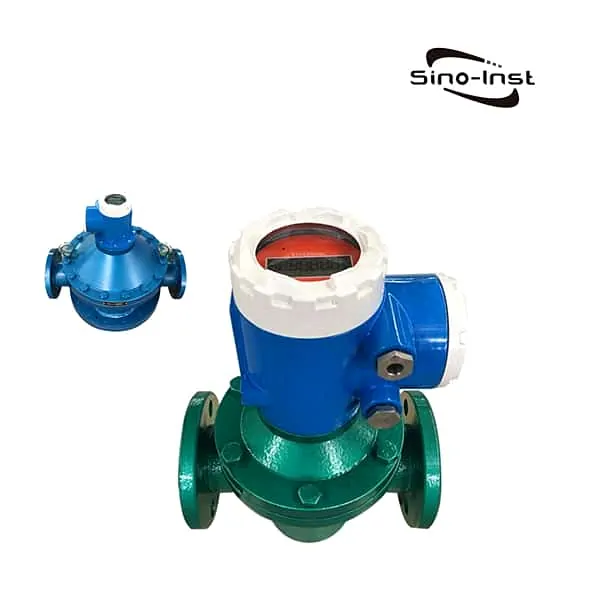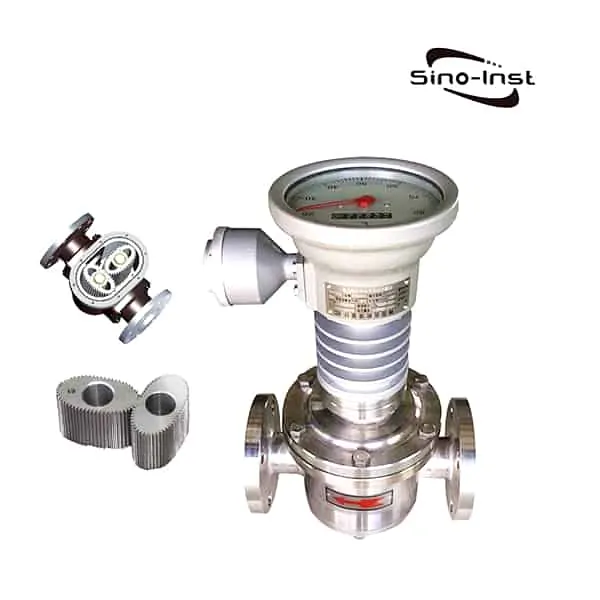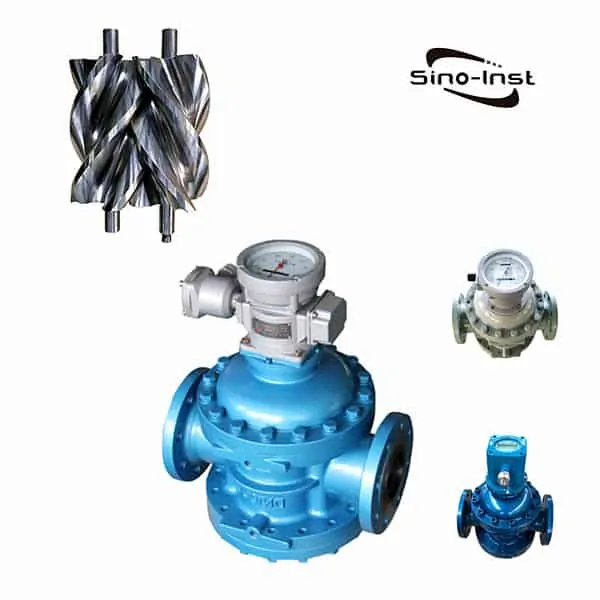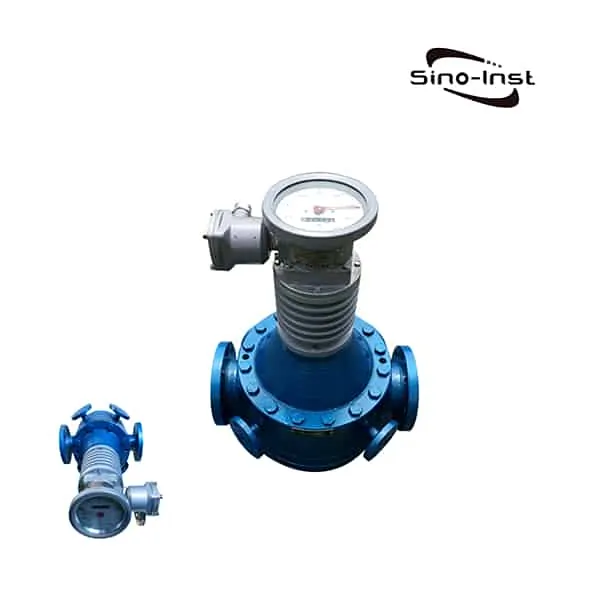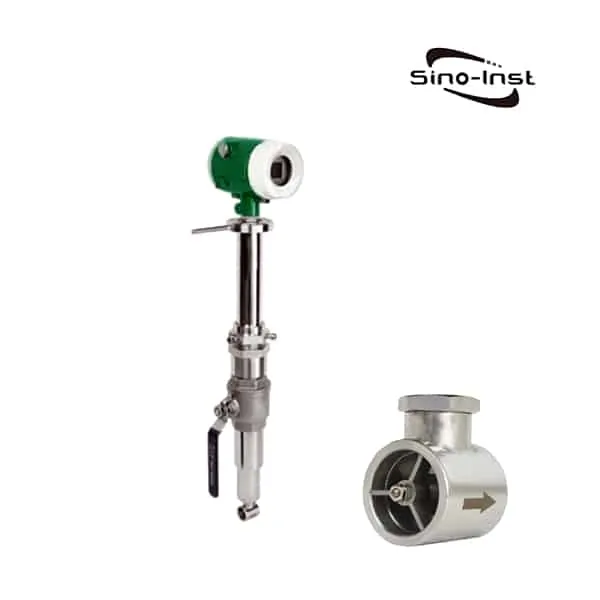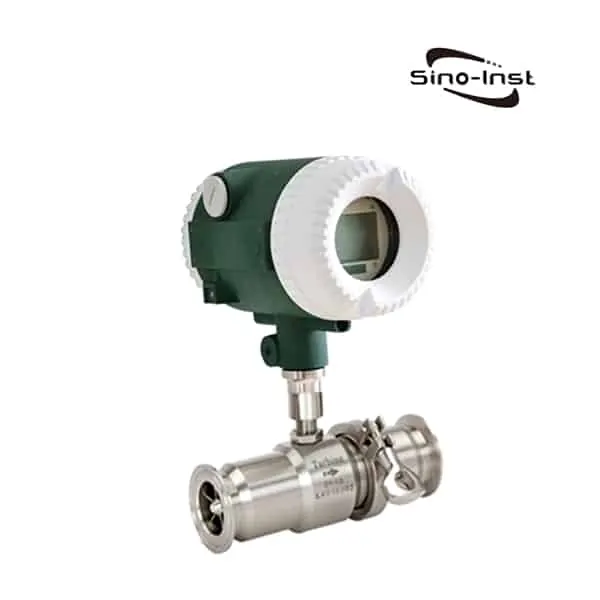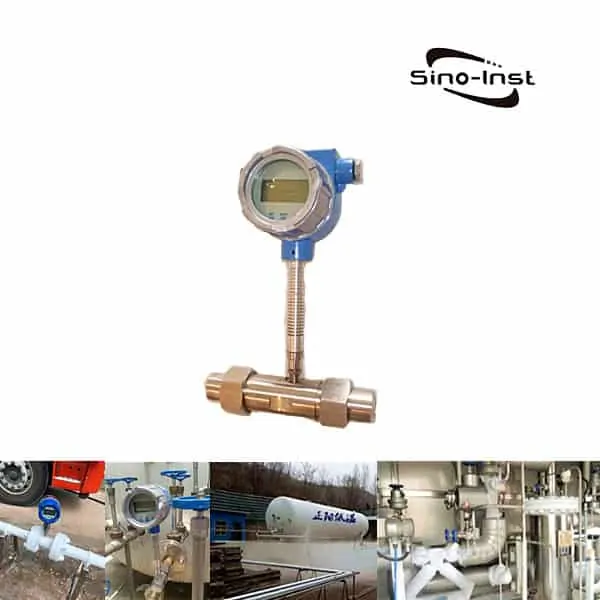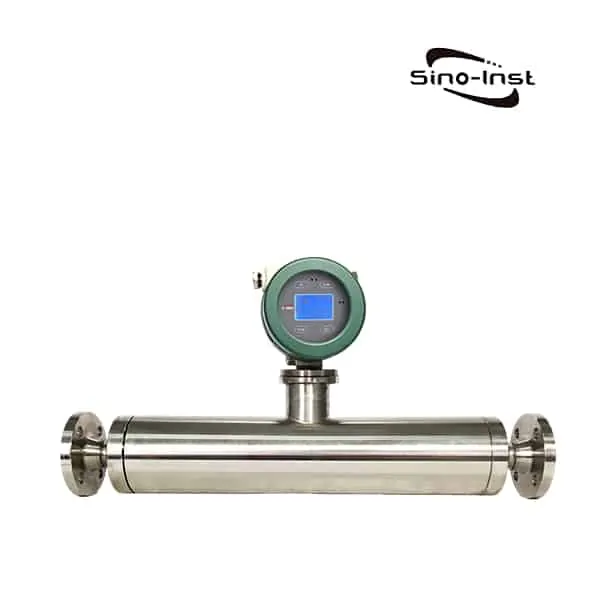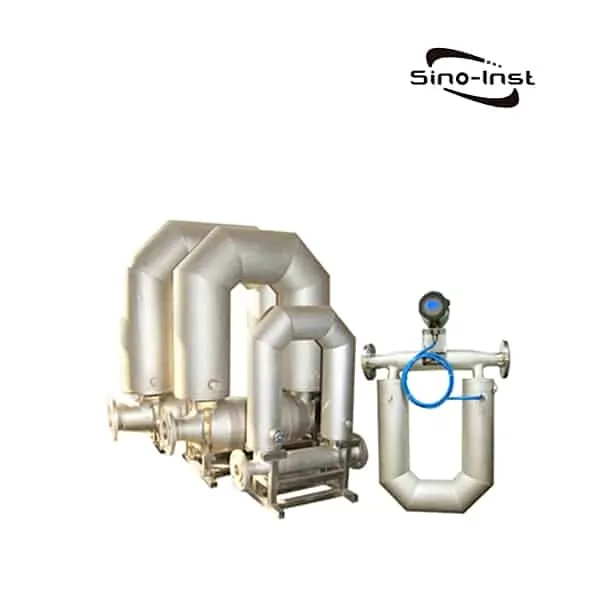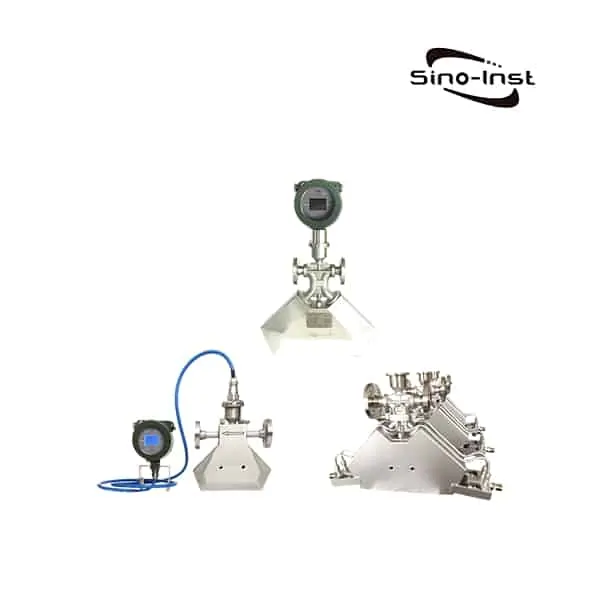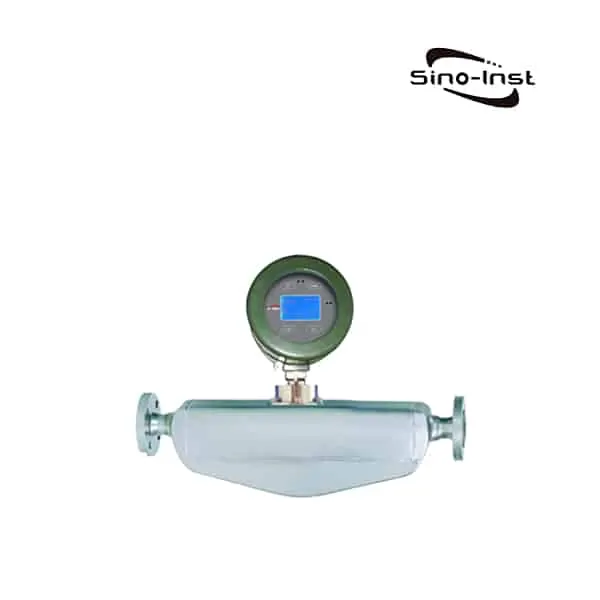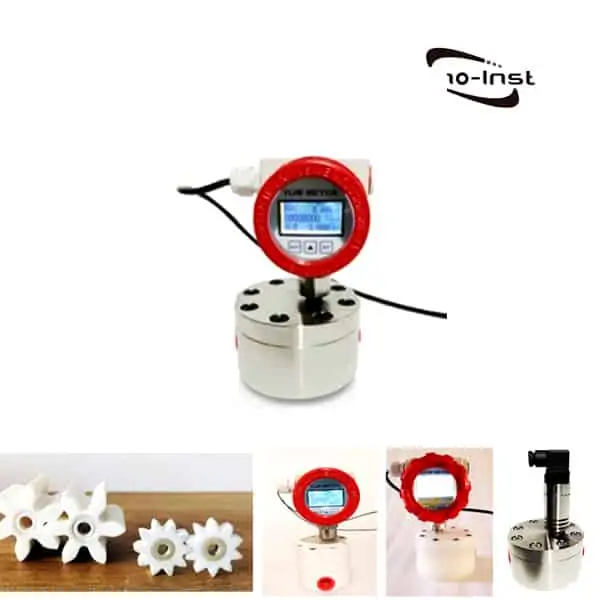If you’re in the market for a heating oil flow meter, it’s crucial to select the right one to ensure accurate and efficient fuel measurement. With numerous options available, making the right choice can be overwhelming.
By understanding the various types of flow meters, their working principles, and the industries where they excel, you’ll be better equipped to make an informed decision.
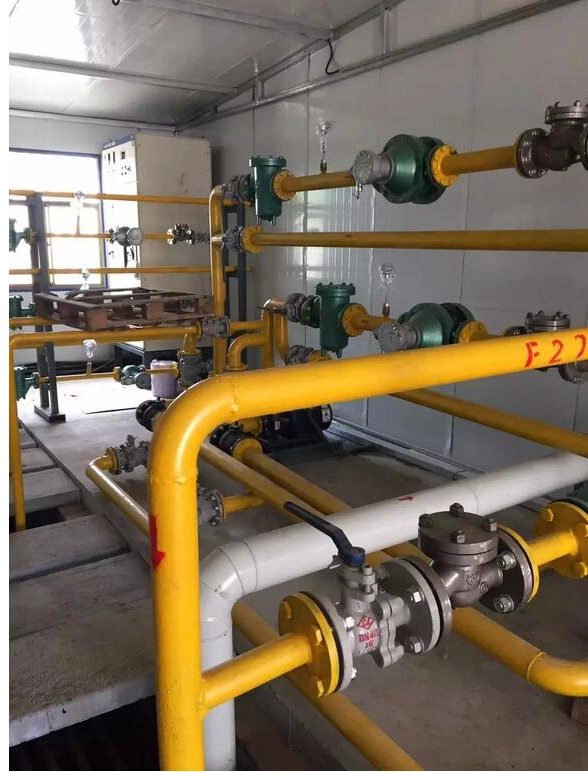
What is a Heating Oil Flow Meter?
A heating oil flow meter is a specialized device designed to measure the flow rate of heating oil in industrial, commercial, and residential applications. These flow meters are essential for monitoring fuel consumption, detecting leaks, and ensuring accurate billing. They can be used with various types of heating oil, including diesel, kerosene, biodiesel, and other fuel oils.
Types of Industrial Heating Oil Flow Meters
There are several types of flow meters used for measuring heating oil, each with unique features and applications. Here are the top three types of industrial heating oil flow meters:
1. Positive Displacement Flow Meters
- Working principle: Captures and releases specific volumes of fluid
- Applications: Highly viscous oils and fuels
- Benefits: High accuracy and repeatability
2. Turbine Flow Meters
- Working principle: Measures the fluid’s velocity as it flows through a turbine
- Applications: Lower viscosity oils and fuels
- Benefits: Fast response time, wide flow range
3. Coriolis Flow Meters
- Working principle: Measures mass flow directly using Coriolis force
- Applications: Highly accurate measurement for various fluid types
- Benefits: Insensitive to viscosity changes, measures mass flow directly
4. Gear Flow Meters
A Cylinder gear flow meter is a micro digital positive displacement flow meter. Can measure very small flow rates and quantify small volumes of liquid. High and low-temperature resistance (-196℃-200℃).
Cylinder Gear flow meter is a type of positive displacement flow transmitter. It is a high-precision transmitter for measuring volumetric flow. With the flow of the medium, the gears mesh and rotate. Under the action of fluid flow. Measure the number of revolutions of the gear to know the flow of liquid and liquid flowing through the instrument. It is especially suitable for the flow measurement of heavy oil, polyvinyl alcohol, grease, and other high-viscosity media. It can measure the viscosity of Fluid up to 10000Pa.s.
More Flow Measurment Solutions
Condensate Flow Meter-Steam Condensate Flow Meter|Types & Selection Guide
Air Flow Measurement Instruments for Industrial Harsh Conditions
Flow Measurement Units-What Is GPM in Flow Meter?
Top Flow Meters for PVC Pipes: Find Your Ideal Match
Shop Pipe Flow Meters for Liquid and Gas 101
The Pros and Cons of Micro Motion Flow Transmitters
FAQ
Selecting the right heating oil flow meter is essential for accurate and efficient fuel measurement in various industries. By understanding the different types of flow meters, their applications, and the top products on the market, you can make an informed decision tailored to your specific needs.
As an experienced manufacturer and supplier, Sino-Inst offers a wide range of heating oil flow meters, catering to diverse applications and requirements. With our expertise and customization options, you can trust us to provide the perfect heating oil flow meter solution for your business.
Don’t hesitate to contact us today to discuss your flow meter needs and let our experts help you find the ideal solution
Request a Quote

Wu Peng, born in 1980, is a highly respected and accomplished male engineer with extensive experience in the field of automation. With over 20 years of industry experience, Wu has made significant contributions to both academia and engineering projects.
Throughout his career, Wu Peng has participated in numerous national and international engineering projects. Some of his most notable projects include the development of an intelligent control system for oil refineries, the design of a cutting-edge distributed control system for petrochemical plants, and the optimization of control algorithms for natural gas pipelines.

